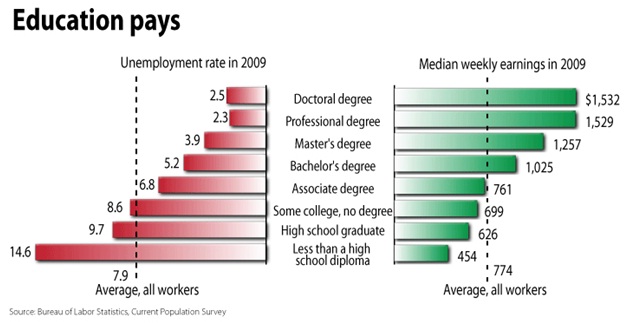Rikurzhen
Gold Member
- Jul 24, 2014
- 6,145
- 1,292
- 185
Well we just used science to get our answer in Ireland and you used figures pulled out of your ass.
I actually have research backing me up. Employers don't value your degree in Women's Studies, they value your intelligence. Once cognitive ability is controlled for, the smart HS student who never went to college earns about as much as the similarly intelligent Women's Studies major who completed college. The actual value of her Women's Studies subject mastery is almost nil.
Well it would explain why Ireland is being a choice location for many countries around the world to set up.
Education sure hasn't helped you understand the world you live in. Ireland is a popular destination for establishing operations because it has a 12.5% corporate income tax rate compared to America's 35% corporate income tax rate.
Last edited:




